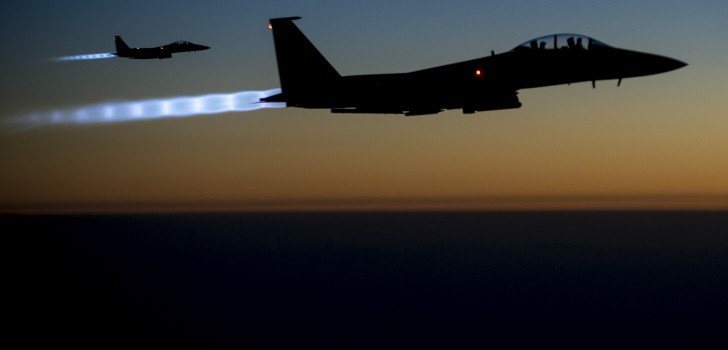Following weeks of deploying its military in Syria, Russia began conducting its first airstrikes within the country on Wednesday. The recent move to act provided a powerful reinforcement to Russian president Vladimir Putin’s criticisms of what many describe as an ineffective U.S. policy towards the conflict.
In statements at the UN General Assembly this week, President Obama has indicated his desire for a transition away from an Assad-ruled Syria, contrary to Putin’s argument that Assad’s military is the only solution to the ISIS problem.
Russia has previously vetoed Western-backed UN sanctions against Syria over the conflict, and has also provided Assad with its advanced S-300 anti-air missile system. Because the rebel forces in Syria do not have any air capabilities, the delivery could be construed as a warning against further involvement by the U.S. coalition, which includes Jordan and Saudi Arabia.
When Obama issued statements earlier this month authorizing direct attacks against ISIS in Syria, he was opposed by Russian Foreign Ministry spokesman Alexander Lukashevich who stated that U.S. intervention in Syria, “without the consent of the legitimate government… in the absence of a UN Security Council decision, would be an act of aggression, a gross violation of international law.”
The U.S. coalition has previously provided intelligence and air strike capability to rebels in Syria.
In recent weeks, Russia has built up a military force on Syrian soil including thousands of troops, over 40 aircraft and 9 T-90 tanks. It has also deployed drones into rebel-held Idlib, as well as government-controlled Hamah and Latakia. Reports following Wednesday’s airstrikes are stating that some of the attacks were on rebel forces, and not just ISIS targets.
If true, the claims would confirm U.S. fears that Russia is indeed acting to preserve the Assad regime, and may move against coalition actors to further that goal.
Stay Connected